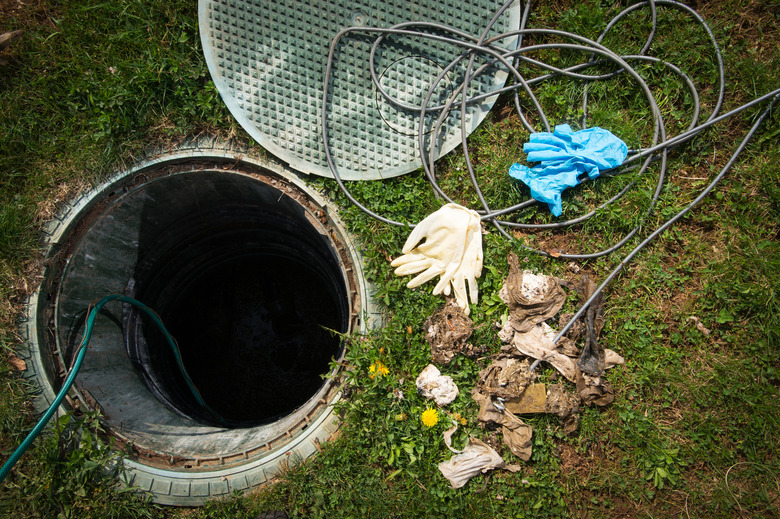Is Olive Oil Bad For Septic Tanks?
A septic system runs on a fairly simple mechanism: The pipe carries the waste from the home to the septic tank and leach field. Properly monitoring and maintaining your home septic system is essential. Although most septic tank owners steer away from disposing of items such as facial tissues down the drain, olive oil and other cooking oil residues that end up in your sink drain or garbage disposal, along with several seemingly innocent kitchen regulars like spent coffee grounds, can also lead to a septic backup.
Why Olive Oil Is Bad for Septic Tanks
Just like all cooking oils, olive oil can solidify and clog your drains once you allow it to go down the kitchen drain or into the garbage disposal. You can properly dispose of grease and oil by letting them solidify first and then throwing them in the garbage. Allowing your pipes to be clogged with fat can easily result in a sewage backup problem. Instead, collect the olive oil grease in a container or clean your pans with a paper towel and throw it in the trash.
Other Kitchen Items That Are Bad for Septic Systems
Olive oil isn't the only kitchen item you shouldn't put down your pipes if you have a septic system. Here are two more to avoid:
Coconut Oil
Due to easily hardening inside the pipes and the septic tank, coconut oil can also cause clogged drains. If you use coconut oil to cook, make sure to never put excess coconut oil down the drain. If coconut oil is a must in your home, there is a safe way to dispose of the oil. If you use coconut oil to sauté some food, wait until the excess oil cools down in a pan and then grab a paper towel to wipe out as much as you can before washing the pan.
Once the coffee grounds make their way down the sink and into your septic drain system, they will eventually start to build up, as well as stick to other waste within the septic system. Putting coffee grounds in the garbage disposal is also not a good idea since they can accumulate at the bottom of the pipes, where they eventually dry out and develop a crust, causing them to stay put.
Tip
There are a couple of better ways to dispose of coffee grounds. If you have a garden, your plants can benefit from the coffee grounds. All you have to do is sprinkle the coffee grounds around in the garden, and they will repel ants and other insects. An additional way is to store the used coffee grounds in a container and place it in the fridge where it will absorb odors.
